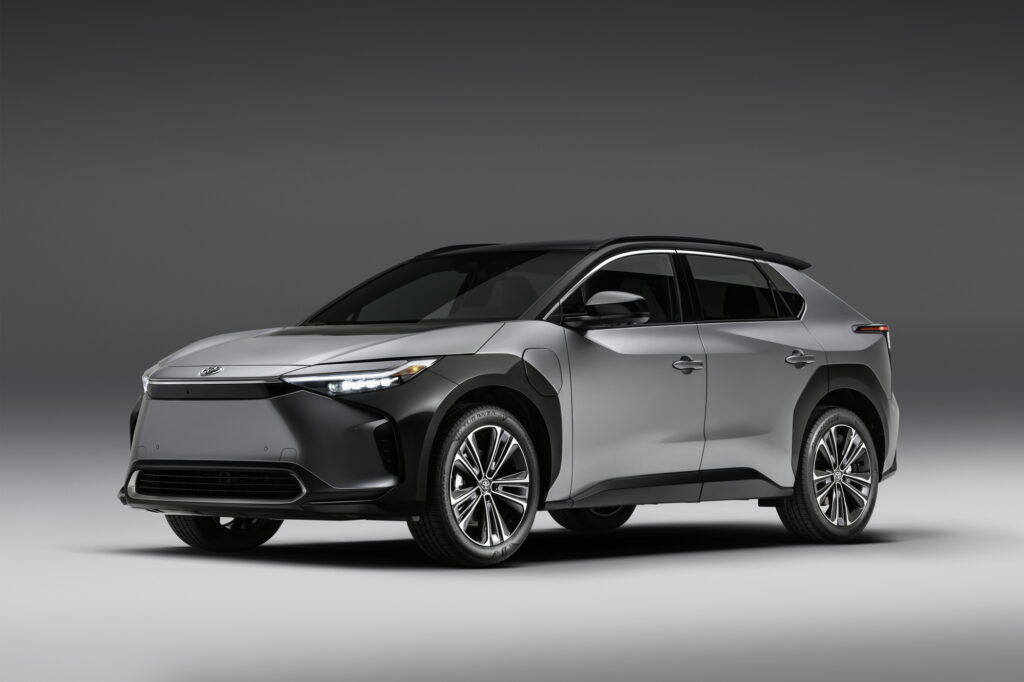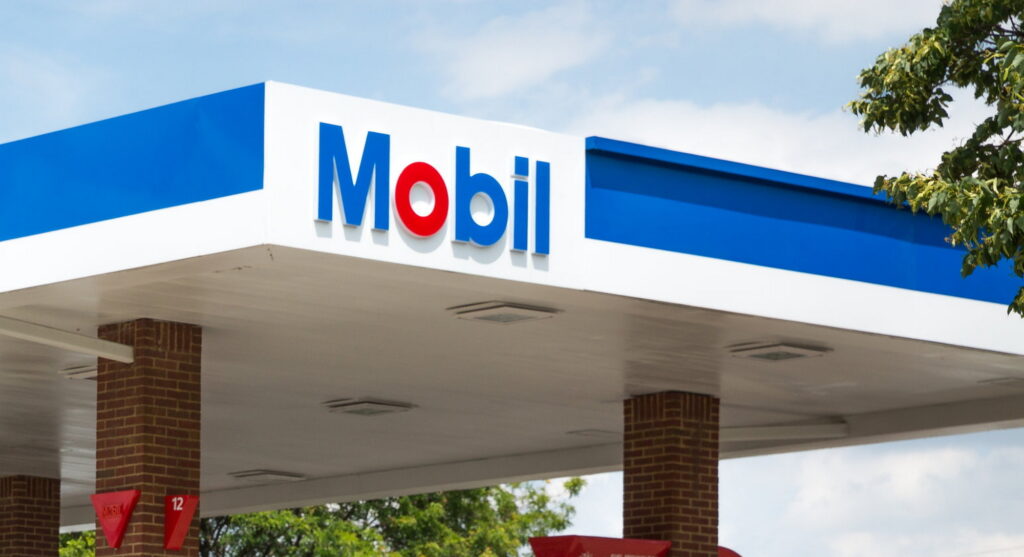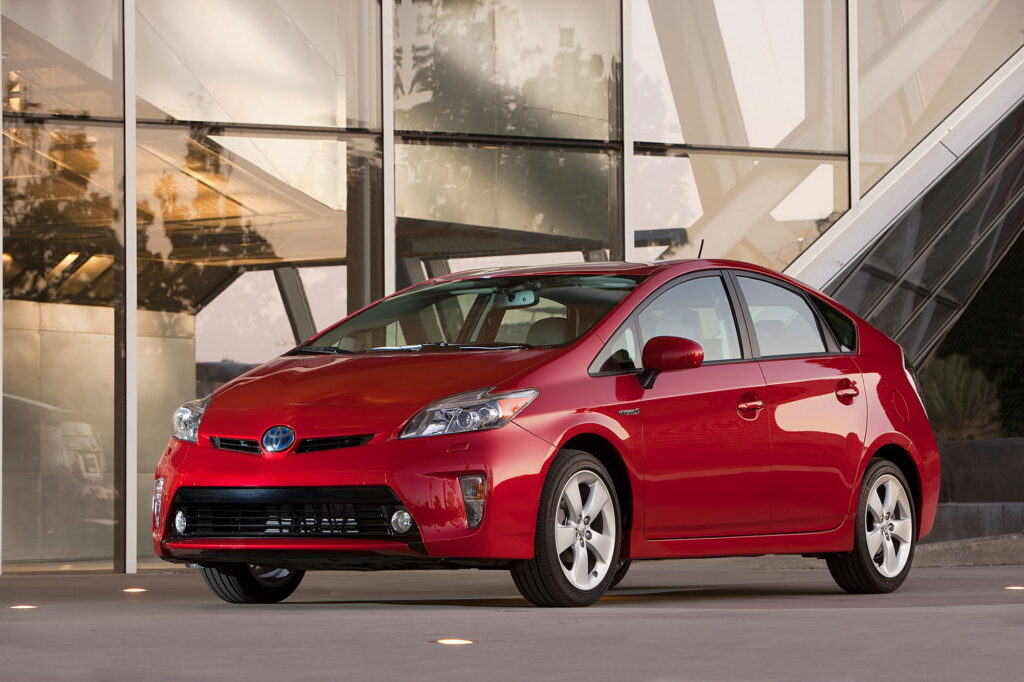As the United States government seeks to tighten its emissions regulations, Toyota and ExxonMobil are collaborating on a new fuel blend that has the potential to reduce lifetime emissions from combustion engines by up to 75%.
Toyota, which has been skeptical of an all-electric approach, is now testing Exxon’s synthetic fuel blends, which use existing feedstock and ethanol. Although the fuel is still in the testing phase, ExxonMobil’s Vice President of Strategy and Planning, Andrew Madden, told Autonews that the company is making progress. However, the implementation of this fuel blend will require support from government policies.
“Having a solution for liquid fuels that we can use in the existing fleet, having it in the kind of policy construct where we allow the market to innovate, is the lowest cost way to decarbonize transportation,” Madden said.
More: Toyota Will Review Its Climate Stance And Lobbying Activities Following Pushback From Investors

Toyota says that its research proves that the fuel could be used in existing and older vehicles powered by internal combustion engines. It also points out that the high carbon costs of producing electric vehicles, and the uncertainty of where the electricity that powers them is coming from, means that EVs are not strictly zero emissions vehicles. It argues that synthetic fuels should also be considered as a way to meaningfully reduce carbon emissions, therefore.
That’s a fight that was recently won by e-fuel proponents in Europe. Following pressure from parts of the German auto industry, the European Union changed the language of its policy banning the sale of internal combustion vehicles after 2035 to explicitly protect e-fuels.
Now that the United States Environmental Protection Agency has introduced its proposal for emissions reductions that it hopes will have the effect of making two-thirds of new car sales electric by 2032, the timing of this announcement seems meaningful. However, the EPA has not mandated EV sales, it is just tightening emissions restrictions, so it will be interesting to see if Toyota and Exxon want explicit protections for the future of the synthetic fuel industry, such as those offered in Europe.
Read: Ethanol May Actually Be More Harmful To The Environment Than Straight Gas, Study Claims

However, there are concerns about the environmental impact of e-fuels. Ethanol, in particular, has been criticized for having a higher carbon footprint than fossil fuels due to the carbon cost of farming. While Exxon claims to have found cleaner ways to produce the technology, some experts argue that the energy used to produce synthetic and e-fuels would be better utilized to directly power electric vehicles. There are also concerns that these new technologies could be used as a Trojan horse for the fossil fuel industry.
Exxon and Toyota maintain that if lifetime emissions are taken into account, synthetic fuels could do much to lower transportation emissions, however. It also argues that weaning existing internal combustion vehicles off fossil fuels will be an important step in decarbonizing the sector.
“No matter what you think the pace of electrification transition might be, there will be a billion, if not hundreds of millions of vehicles on the road for quite a long time,” said Tom Stricker, Toyota’s VP of sustainability. Lower-carbon fuels are “quite important in achieving those greenhouse gas reductions quickly.”
Correction April 14: A previous version of this article failed to clarify that Exxon is developing the synthetic fuel, while Toyota is simply testing it. Certain passages have been altered to make the distinction clearer.





